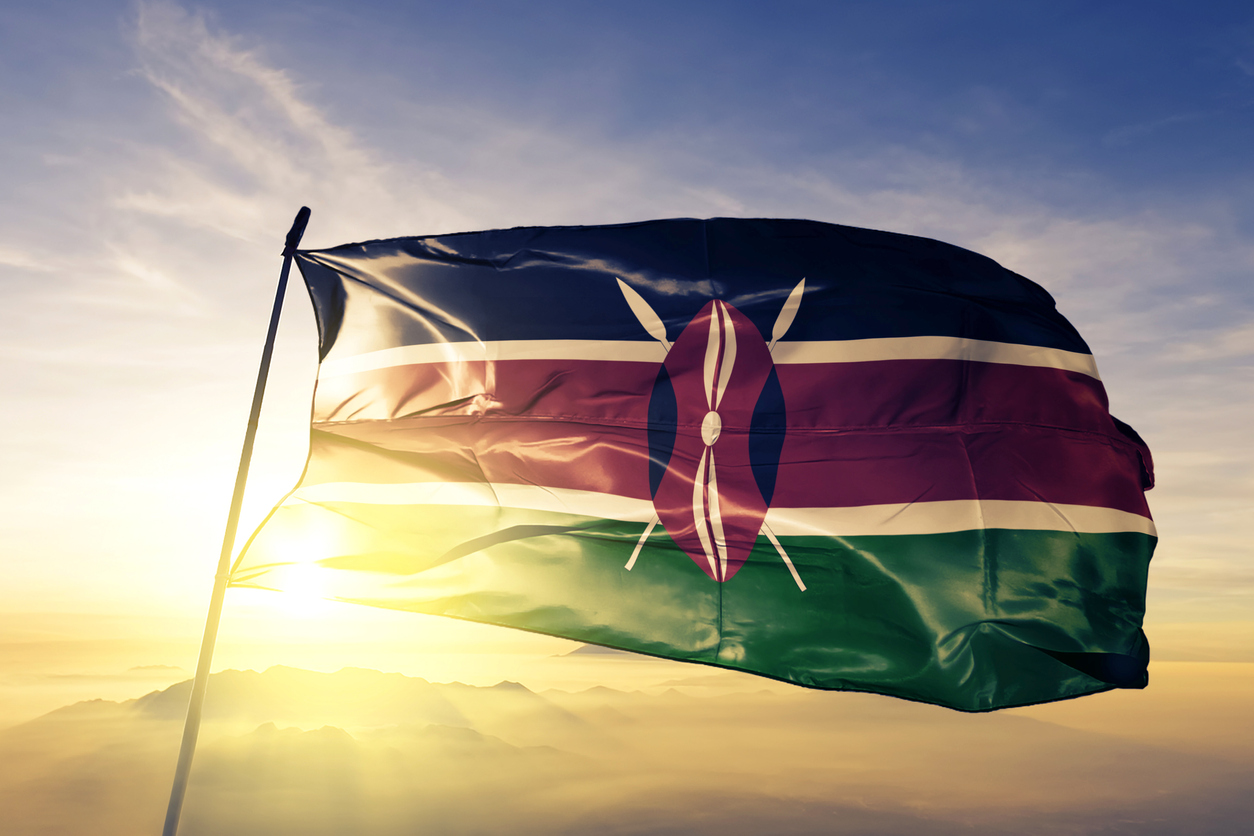How to Ship Goods from Romania to Kenya: 5 Essential Steps
How to Ship Goods from Romania to Kenya: 5 Essential Steps
Shipping goods overseas can be a daunting process, especially if you’re doing it for the first time. Shipping is also one of the most expensive parts of exporting goods to another country. However, there are many benefits to shipping goods internationally. For example, products that are manufactured locally have a higher demand in export markets than they do in your local market – this means that selling them internationally could potentially earn you a lot more money than selling them locally. If you want to ship goods from Romania to Kenya, there are a few things you need to know before getting started. While shipping goods internationally can seem like an overly complicated process, it doesn’t have to be as difficult as some people may make it sound. The following article explains exactly what you need to know about shipping goods overseas in order to have a successful business venture.
What is the best shipping method for sending goods from Romania to Kenya?
There are a few different shipping methods to choose from when it comes to sending goods internationally. These include air freight, sea freight, and road freight. The method you choose will depend on the type of goods you are shipping and the distance they need to travel. The best shipping method for you will depend on a variety of factors, so it’s important to take your business needs into account when making your selection. Here are some things to consider when choosing the best shipping method for sending goods from Romania to Kenya.
Decide Which Shipment Method is Best for You
Before you can select the best shipping method for you, you need to know exactly which products you are shipping. The first step of the shipping process is to get an accurate list of the products you want to ship. This list should include the item description, quantity, and destination information. By documenting all of the products you want to ship, you’ll be able to select the best shipping method and avoid potential issues with customs along the way.
Find a Shipping Company
Once you’ve selected the best shipping method for your products, you’ll need to find a shipping company. This is the first step in booking your shipment, so it’s important to do your research in advance. In order to find a shipping company, you can use an online freight matching service. These websites allow you to post a shipment request for free, making them the best way to find a shipping company for your products. With a shipment request, you’ll be able to state the type of goods you are shipping, the origin and destination of your goods, and your desired shipment date. Once you post your request, you’ll be able to select from multiple shipping companies that are willing to ship your goods.
Determine Customs Requirements
The next step in shipping goods internationally is to determine customs requirements. Customs regulations vary from country to country, so you’ll want to make sure you’re following the correct procedures when shipping goods to Kenya. For example, you’ll need to make sure the shipment is documented correctly and that the goods are properly marked. You’ll also need to make sure that you are paying the correct taxes and tariffs, if any. You can find out more about the customs requirements for shipping to Kenya by visiting the website of the Kenyan Customs Authority.
Check your Goods and find out what you’ll need to import them to Kenya
Once you’ve shipped your goods to the Kenyan border, it’s time to check your goods. At this point, a Kenyan Customs official will check the shipment and make sure that you’re bringing the appropriate goods into the country. This is also the time when you’ll need to find out what you’ll need to import your goods to Kenya. By checking your goods and finding out what you’ll need to import them to Kenya, you’ll be able to avoid unnecessary delays. You can find out what you’ll need to import your goods by visiting the website of the Kenya Revenue Authority.
Wrapping up
Shipping is a great way to grow your business and reach new customers. It’s also important to keep in mind that it is a time-sensitive process. Once you’ve determined the best shipping method for you, it’s time to get your shipment booked. Make sure to give yourself enough time to plan and execute your shipment so that it arrives when you need it to arrive.








LEAVE A COMMENT
You must be logged in to post a comment.